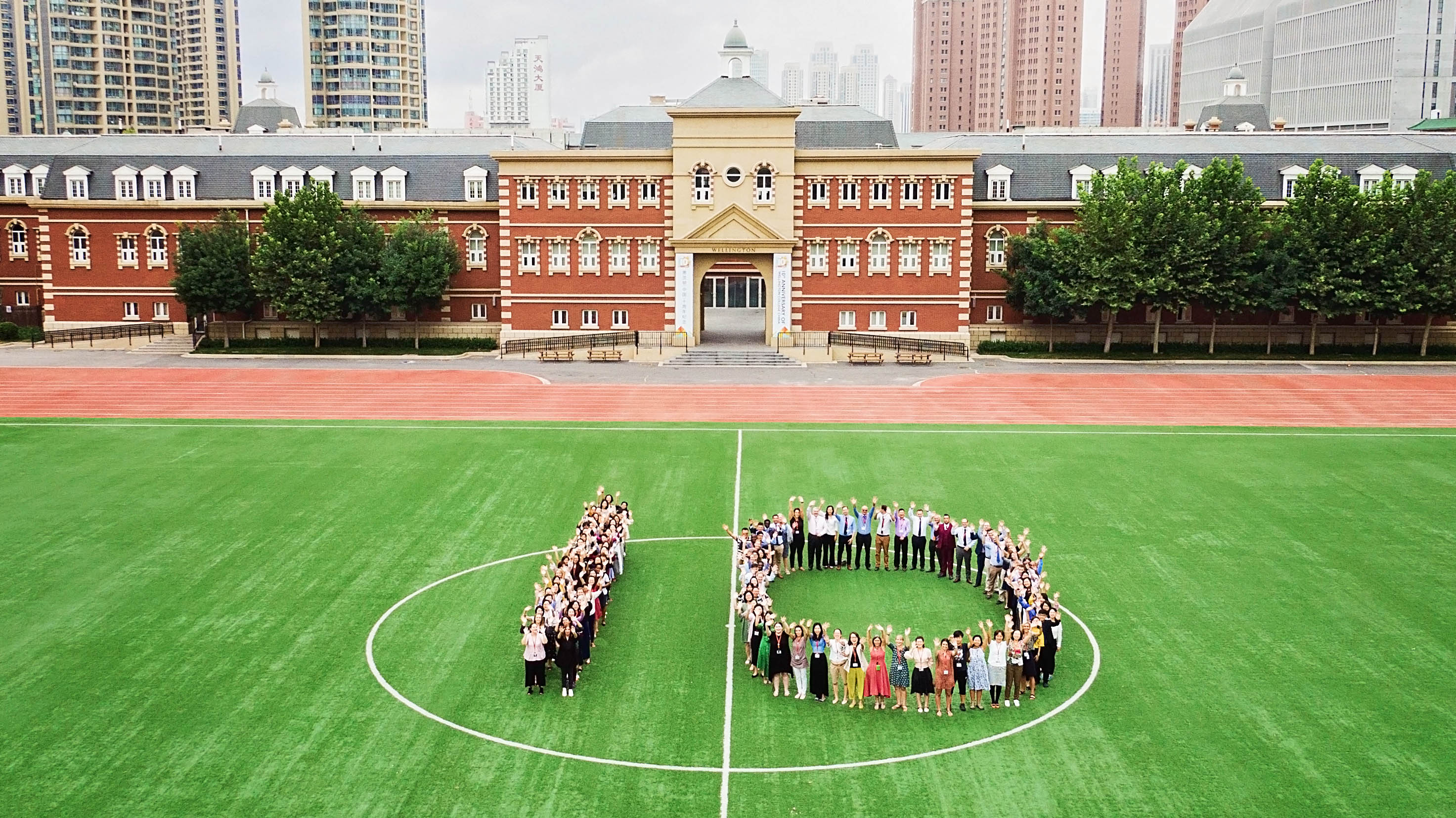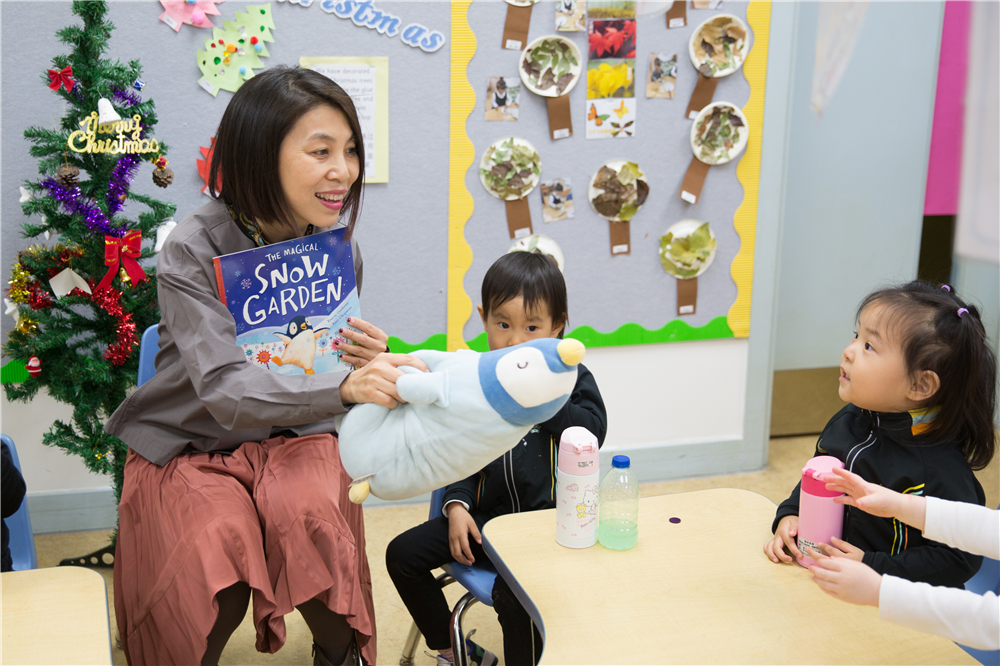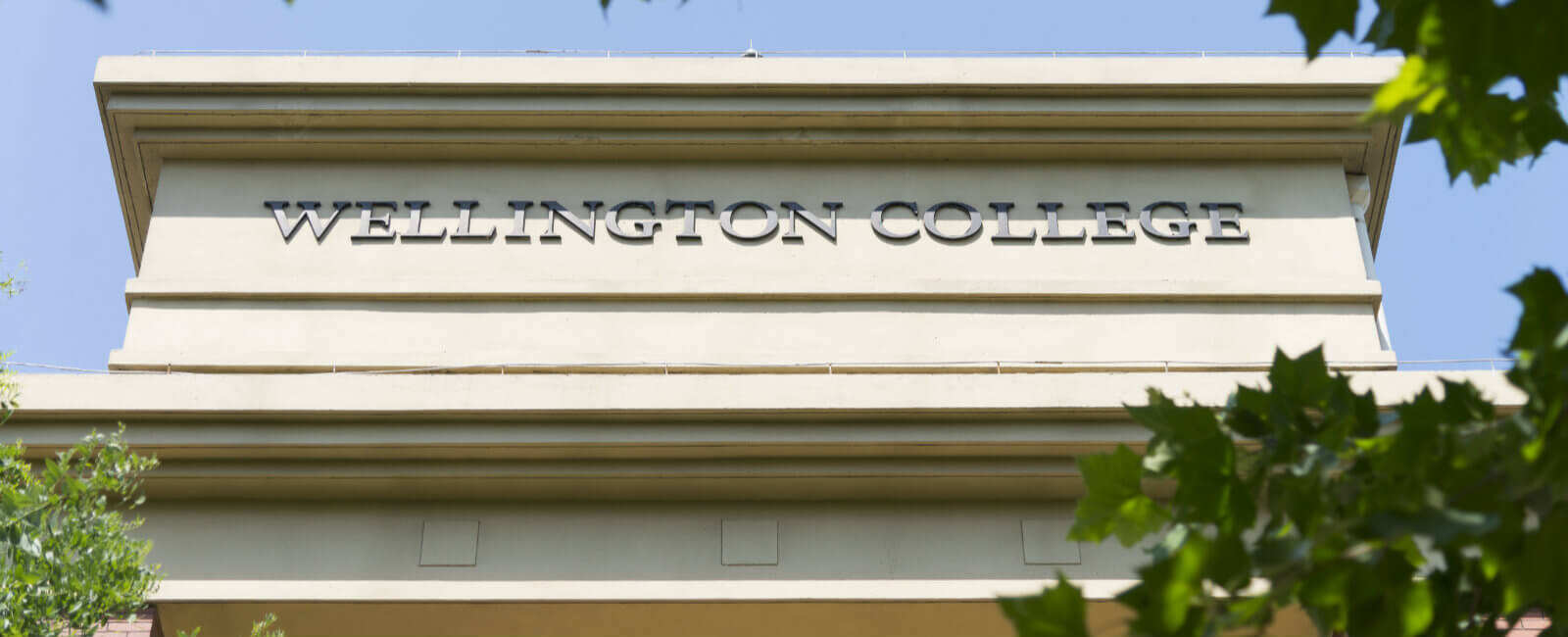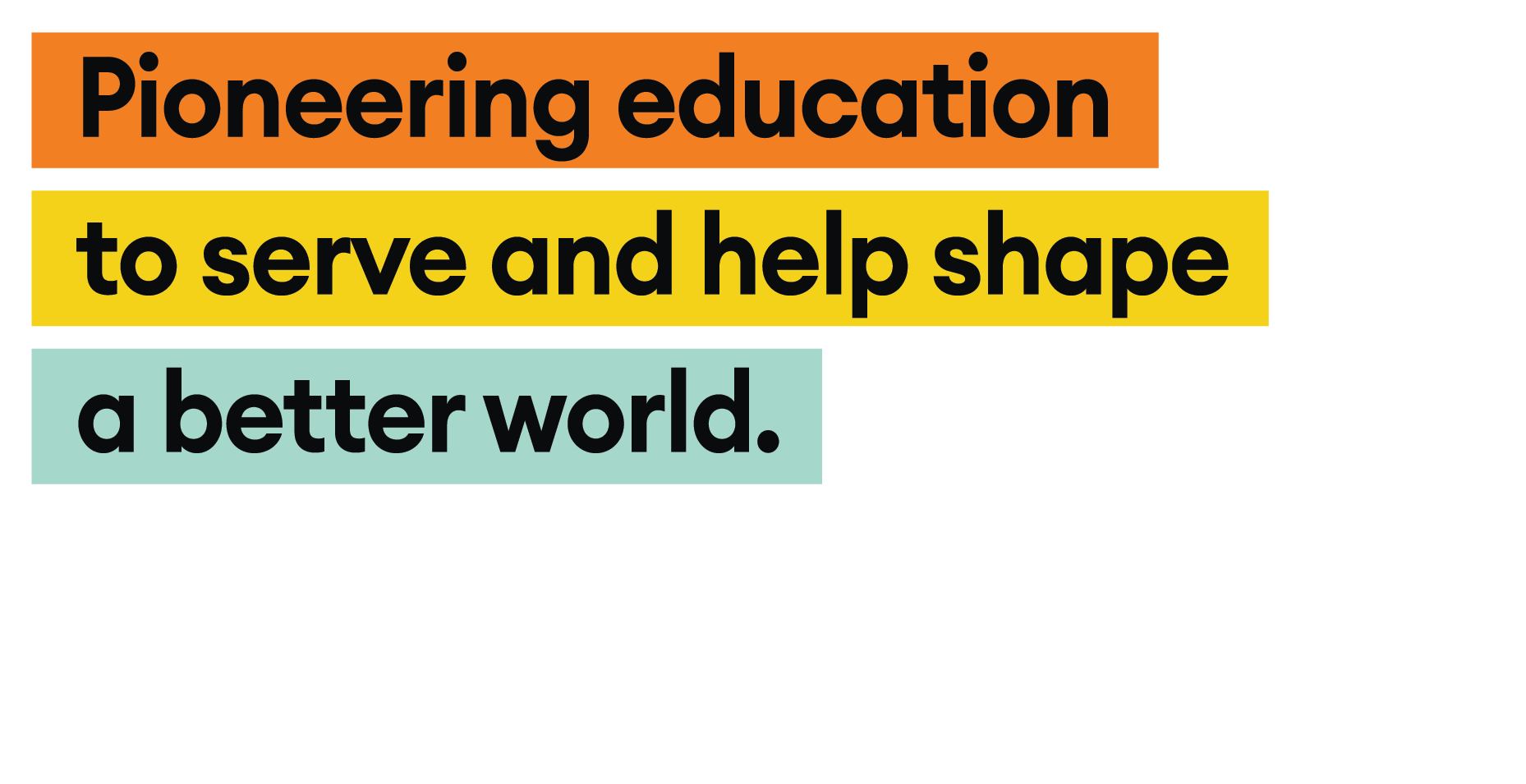The Week Ahead 12 June 2020
15 Jul 2020
 Dear parents:
Forming friendships is an important part of growing up. Much of the work done in our early years’ education is designed to help children develop social skills and self-confidence so that, as they move through the school, they are able to develop healthy friendships with their peers. Wellington’s values, perhaps particularly those of respect and kindness, are fostered in each young person precisely because they help give a child a greater awareness of the ingredients needed to form such bonds with others. In this way, some of the friendships made at school are enduring ones, capable of lasting a lifetime.
There are times when things go awry, though. Miscommunication, different expectations or unequal levels of emotional maturity can all contribute to a breakdown in friendships. Jealousies and rivalries can emerge from even the most innocuous origins, and unless confronted swiftly, can lead to long term damage to both parties. All parents will understand how painful it is when established friendships come under strain. This pain – both psychological and emotional – is so acute because our trust in one another has been broken. Repairing trust is not easy. It cannot be healed in the same way as a physical wound, for example, perhaps because it impacts on both parties in a failed friendship. It takes a long time to build genuine trust, but no time at all to break it.
Given the nature of its community, a school is uniquely placed to deal with such problems when they arise. Of course, squabbles between young people occur every day, and in the vast majority of cases, they are easily repaired through an act of apology or restitution. No long-term damage is done, and the friendship often goes on to become stronger and more profound. However, there are times when disputes fester, or the breach of trust has been too catastrophic to recover quickly. In such cases, children need the support of those around them – their peers, their teachers and their parents. Most importantly, the adults around the child need to be the ones who lead the process of reconciliation. After all, which adult has not felt similar emotions in their own lives? It is our experience, the ability to take a longer-term view, that makes us such a vital support in helping children to recover from a faltering friendship.
What can we do to help? The urge, as parents and teacher, is often to rush into situations and try and force a swift resolution. Clearly supporting a child in distress is vital, but for lasting solutions, there are some points to bear in mind:
Dear parents:
Forming friendships is an important part of growing up. Much of the work done in our early years’ education is designed to help children develop social skills and self-confidence so that, as they move through the school, they are able to develop healthy friendships with their peers. Wellington’s values, perhaps particularly those of respect and kindness, are fostered in each young person precisely because they help give a child a greater awareness of the ingredients needed to form such bonds with others. In this way, some of the friendships made at school are enduring ones, capable of lasting a lifetime.
There are times when things go awry, though. Miscommunication, different expectations or unequal levels of emotional maturity can all contribute to a breakdown in friendships. Jealousies and rivalries can emerge from even the most innocuous origins, and unless confronted swiftly, can lead to long term damage to both parties. All parents will understand how painful it is when established friendships come under strain. This pain – both psychological and emotional – is so acute because our trust in one another has been broken. Repairing trust is not easy. It cannot be healed in the same way as a physical wound, for example, perhaps because it impacts on both parties in a failed friendship. It takes a long time to build genuine trust, but no time at all to break it.
Given the nature of its community, a school is uniquely placed to deal with such problems when they arise. Of course, squabbles between young people occur every day, and in the vast majority of cases, they are easily repaired through an act of apology or restitution. No long-term damage is done, and the friendship often goes on to become stronger and more profound. However, there are times when disputes fester, or the breach of trust has been too catastrophic to recover quickly. In such cases, children need the support of those around them – their peers, their teachers and their parents. Most importantly, the adults around the child need to be the ones who lead the process of reconciliation. After all, which adult has not felt similar emotions in their own lives? It is our experience, the ability to take a longer-term view, that makes us such a vital support in helping children to recover from a faltering friendship.
What can we do to help? The urge, as parents and teacher, is often to rush into situations and try and force a swift resolution. Clearly supporting a child in distress is vital, but for lasting solutions, there are some points to bear in mind:
- The need for a particular friendship bond may be stronger in one child than another. This can skew the relationship and result in something that resembles a ‘master-servant’ imbalance, often accompanied by underlying issues of a lack of respect and a strong desire to please on the part of one child. This is not a healthy relationship and should be explored further.
- Is there an age disparity, and is it perhaps a cause of concern? Friendships across year groups are to be encouraged, but again, if one party is more dependent on the friendship than the other, longer-term issues can arise.
- Children do not all need to be friends with one another, just as adults do not all need to be friends. Being friendly, with an emphasis on shared values, can be easier than forcing youngsters to be friends. It also allows children to forge other friendships and can help to break the often-damaging exclusivity that some develop.

Related Articles

The Week Ahead 12 October 201713 Oct 2017
Dear Parents One of the most interesting features of a career in education is the level of engagement in issues around thinking about schools and learning by what may be termed the non-specialist, th
Read More

The Week Ahead 12 September 201917 Sep 2019
From the Master Julian Jeffrey Dear parents I wrote in my first week ahead piece of the year about the challenge for many pupils of starting a new school year, highlighting that, "acclimatising to a
Read More

The Week Ahead 13 December 201916 Dec 2019
From the Master Julian Jeffrey Dear parents Welcome to the final Week Ahead of 2019. The Michaelmas term ends at 1515hrs on Wednesday 18th December. Aside from the prospect of a great holiday, there
Read More





 Channel
Channel 
 Linkedin
Linkedin  Weibo
Weibo  Facebook
Facebook  Ins
Ins 



